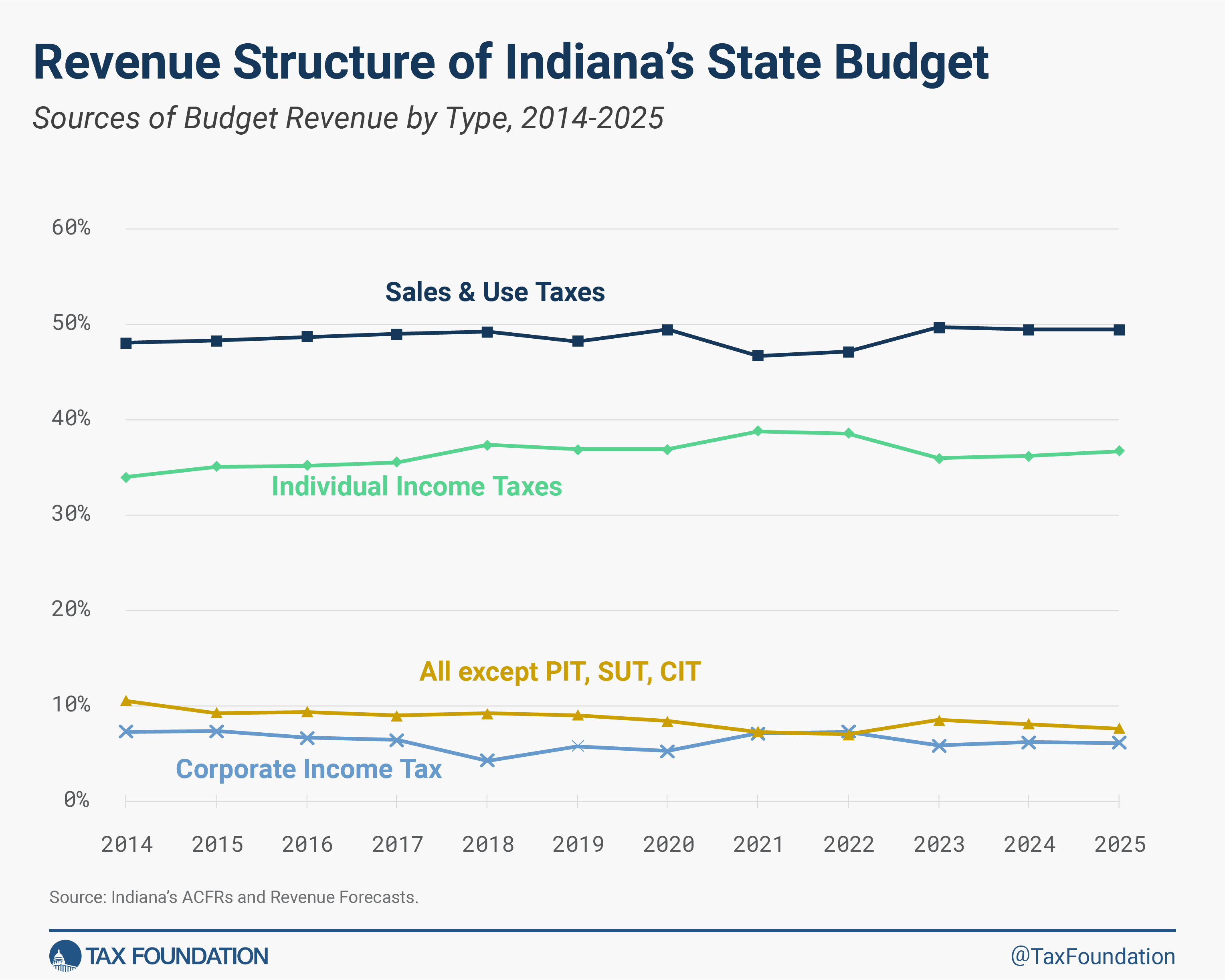A European Vacation And Tax Appreciation
We took our kids on their first-ever trip to Europe this summer. I’m thrilled they learned about the histories and cultures of Paris, Barcelona, and Amsterdam. A bonus is that the miles we logged on our feet helped them appreciate tax policies.
Our teens enjoyed some comforts of home, thanks to familiar fast food and clothing brands and a large percentage of the population able to speak with them in English. But most days, unlike home, they never needed—or even wanted—to get in a car. Each city they visited was designed to make walking easier, safer, and more enjoyable.
Why? For one thing, there are simply fewer cars on the road compared to the US. There are 908 cars in the US per 1,000 people, versus 688 cars for every 1,000 people in France. The numbers are similar for Spain (627 cars per 1,000 people) and the Netherlands (588 cars for every 1,000 people). European Union member nations have been trying to reduce reliance on motor vehicles in favor of mass transit while encouraging the use of electric vehicles.
Key to that effort are taxes. At the end of our trip on our way to the Amsterdam airport, our well-traveled ride-share driver talked about how high taxes were in Europe for car owners, especially in the Netherlands.
Amsterdam drivers pay a value-added tax (VAT) of 21 percent on their car purchases and a one-time tax dependent on the vehicle’s CO2 emissions. Annually, car owners pay a road tax based on the vehicle’s weight, type, and fuel need. Our ride-share driver, for example, reported paying $300 a year for his sedan. The Netherlands levies the highest fuel tax in the European Union: €0.82 per liter or $3.69 per gallon.
The story is similar elsewhere. Barcelona drivers pay 21 percent VAT when they purchase a vehicle and an annual road tax based on the vehicle’s type, horsepower, emissions, and sometimes its market value. If one owned a hybrid crossover sport utility vehicle, the tax would be about €144 ($156) annually. The rate doesn’t change if the car is fully electric. The fuel tax in Spain is 21 percent or about $2.25 per gallon.
Parisian car owners pay a 20 percent VAT when they buy their car, as well as a one-time tax based on CO2 emissions, ranging from €0 to several thousand euros. They’ll subsequently pay an annual ownership tax, also based on CO2 emissions. Like in Amsterdam, more environmentally friendly cars get discounts or exemptions. And the fuel tax is about €0.68 per liter or $3.06 per gallon.
Here in the US, Americans still love their cars. The taxes we pay in Michigan are noticeably lower. We paid Michigan’s 6 percent sales tax when we bought our cars and pay annual license plate renewal fees of about $100 a year per vehicle. On top of the 6 percent sales tax on gasoline, we pay 28.6 cents per gallon in state gasoline taxes, to go along with 18.6 cents per gallon in federal gasoline taxes. It’s not cheap, but it’s not prohibitively expensive. Indeed, in 2021, over 22 percent of US households had three or more vehicles.
Last year’s Inflation Reduction Act may spur consistently higher demand for electric vehicles. And some states like Texas and Florida want to tax electric vehicles since their drivers don’t pay state gasoline taxes but still exert costs like wear and tear on public roads.
After another summer of heat waves, wildfires, droughts, and tornadoes likely exacerbated by climate change, the American way of taxing cars leaves our kids scratching their heads. But our suburb, like many in the US, was designed for car-based living.
We get what we pay, and plan, for.
The Tax Hound, publishing once a month, helps make sense of tax policy for those outside the tax world by connecting tax issues to everyday concerns. Have a question or an idea? Send Renu an email.






